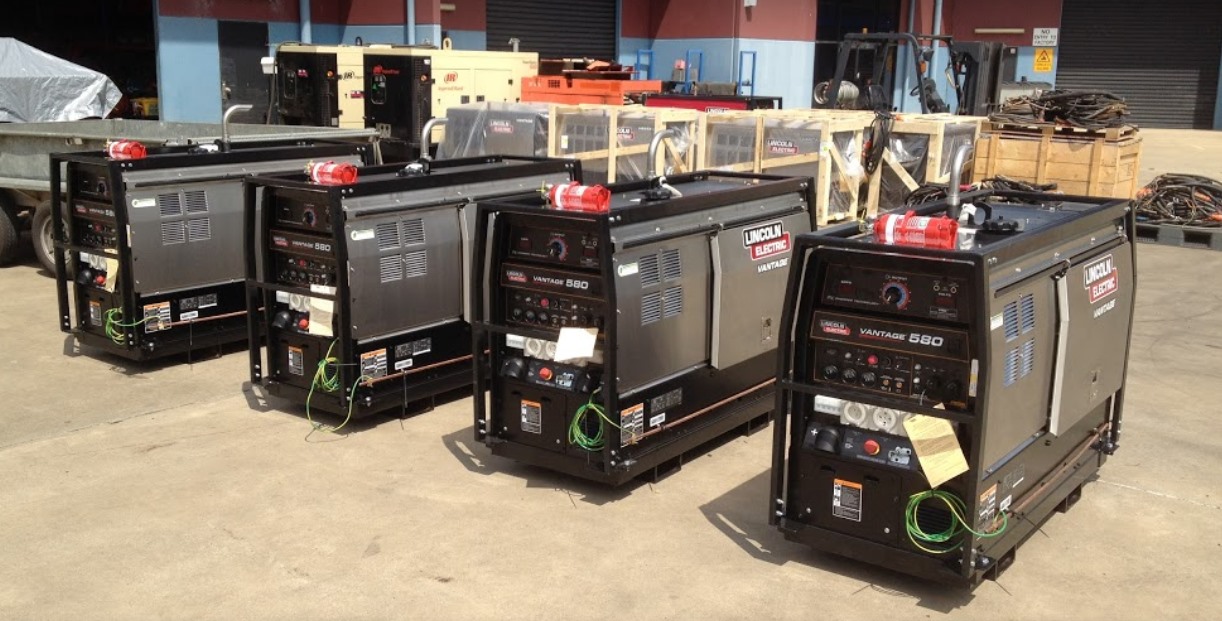What Are The Best Backup Power Solutions for Your Business?
With how reliant our businesses are on electricity these days, it can be incredibly inconvenient and not to mention costly when the power goes out. In areas where this is common, you’ll notice that businesses often install a backup power solution to allow them to continue as normal in the event that their power goes out. With the ongoing pursuit of renewable energy and alternative power options, newer power backups have been created, begging the question, what are the best power backup solutions for your business?
Consider your backup needs
Having backup power for your business has become a necessity in many places nowadays. However, businesses need to seriously weigh up what type of backup they need before spending boatloads of money on it. Backup generators, inverters, or solar systems come at a high price, so it’s vital that you consider the following questions before making your decisions:
Essential Backups
Consider the following:
- What do you need to run on the backup?
- How long will it take to power your business as a safety precaution?
- Do you have space for a large backup generator?
- Can your business manage without power for a few hours
- Do you need an automatic switchover?
- If you’re going the solar route, do you have enough roof space that gets sunlight to warrant it?
- Do you need to power the whole facility or just certain areas?
- Do you have any noise limitations?
- What fueling arrangements will you need?
- Does the backup require any safety features?
- What is your budget?
What are your Options
After answering the above questions you’ll most likely have an idea of what kind of backup power you need to comfortably run your business. Take note of that word comfortably. Many businesses will count their total wattage and purchase a backup power solution based on their total without allowing room for extra machinery or for when equipment peaks during performance. As a result, this puts strain on their system or isn’t covered, requiring them to upgrade. With that in mind, here’s your backup power options:
Generators
Probably one of the most common backup options for businesses is the diesel generator. Business owners prefer diesel generators for a few reasons. Firstly, diesel burns a lot slower than petrol while producing more power too. Because of this, business owners can get twice the fuel efficiency from these generators. In addition to this, diesel generators are also easier to maintain and more durable. This is because they’re generally made with hardier parts and use simpler parts, too, making maintenance easier.
On the other hand, petrol generators are also popular, especially for businesses that are needing smaller temporary generators that’ll run parts of their businesses for one or two hours. Because petrol burns faster than diesel, these generators aren’t seen as a viable solution for larger power consumption needs. But, they’re perfect for keeping an office running or a cafe.
When it comes to choosing a generator, whether petrol or diesel, you’ll need to consider your total power needs in watts and then convert that to kVA (the figure of measurement that generators use) or vice versa. This will give you an idea of what size generator you’ll need. To get an idea of what generator you might need, take a look at renteca generators or give them a call. They’d be happy to answer any questions you may have.
Battery Backups
With improvements in technology, many smaller businesses that don’t have extremely heavy power demands use battery backups. Lithium-ion or lead-acid batteries can do a pretty good job at powering an office or a household. Here are some benefits of these battery back-up options:
- Lithium-ion batteries last three times longer than lead-acid batteries
- They’re a lot smaller and take up little to no floor space
- You can power a basic household off a larger lithium battery
- Lead acid batteries are pretty affordable and easy to get a hold of
- They’re a convenient short-term backup
Solar
Solar power technology has also grown a lot in recent years. Often coupled with a lithium-ion battery, solar has become an asset for businesses that are trying to save electricity and reduce their bills at the end of the month. At the same time, solar is a convenient option if you have a small business that doesn’t have a heavy power load.
However, to install solar panels, you’ll need to have sufficient roof space or yard space to place the panels first. In addition to that, a major benefit of solar comes with how much sunlight you have. If your building is under the shade or in an area that gets a lot of rain, then solar might not work out for you, either.
Final Thoughts
There’s a reason many businesses opt for diesel generators over other options. For one, they can produce more power in comparison to their pricing ratio than lithium batteries and solar. While they do have an ongoing cost, they offer reliability and functionality for most of your business needs. That said, your business might not need such a robust backup. In this case, the alternatives might be the better option.






































